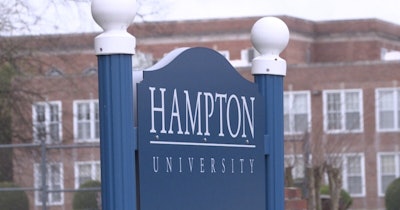
The affected institutions include Alabama State University, Hampton University, Virginia State University, Southern University and A&M College, and Bethune-Cookman University, each implementing immediate security protocols in response to what officials described as credible threats against their campuses.
The ripple effects extended beyond directly threatened schools. Spelman College in Atlanta proactively advised its community to avoid campus and heightened security measures after nearby Clark Atlanta University received a threat. Clark Atlanta's campus police confirmed the threat and issued a shelter-in-place order while working with law enforcement partners.
Virginia State University's emergency response began early Thursday morning, with an "urgent alert" issued at 8:30 a.m. ET declaring campus closure and directing the university community to monitor email communications. University officials emphasized their collaboration with local, state, and federal law enforcement agencies to investigate the threat's credibility.
Alabama State University characterized the communications it received as "terrorist threats," leading to the immediate suspension of campus operations as a precautionary measure. The institution stressed its coordination with appropriate law enforcement agencies to ensure community safety.
Hampton University extended its response through Friday, canceling classes for September 11 and 12. In their official statement, administrators noted receiving "notice of a potential threat" and immediately ceased all non-essential campus activities.
These latest incidents underscore a troubling pattern affecting HBCU campuses nationwide. The threats represent the continuation of a campaign that has repeatedly targeted these institutions, which serve as cornerstones of Black higher education and cultural heritage.














